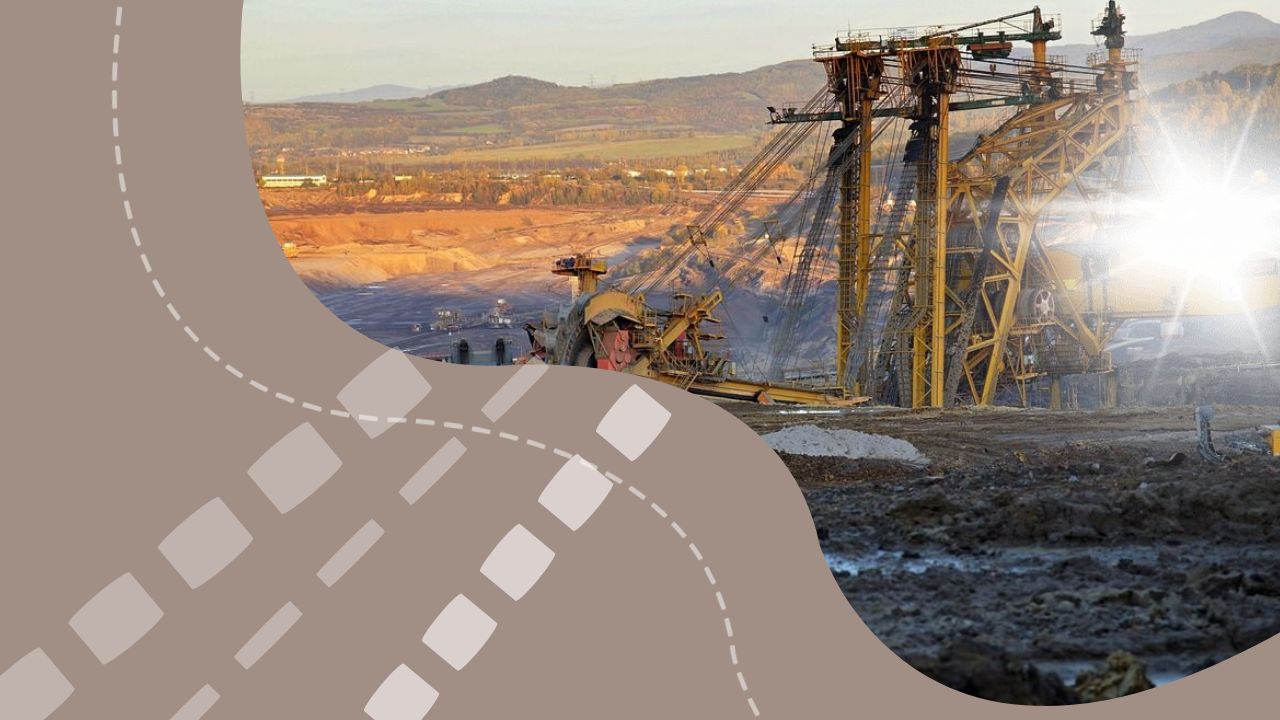News of the likely closure of the UK’s steel blast furnaces has prompted calls for the government to reconsider approval for a controversial Cumbrian coalmine that had been planned to supply the industry
On Monday, British Steel announced that it plans to replace its two blast furnaces at Scunthorpe, while Tata Steel is considering closing its two at Port Talbot, in a dramatic reshaping of the UK steel industry Both companies will instead rely on much cleaner electric arc furnaces, which use 87 times less coal
West Cumbria Mining plans to produce 2 8m tonnes of coking coal a year at Woodhouse colliery in Whitehaven for use by “steelmakers in the UK and EU”

